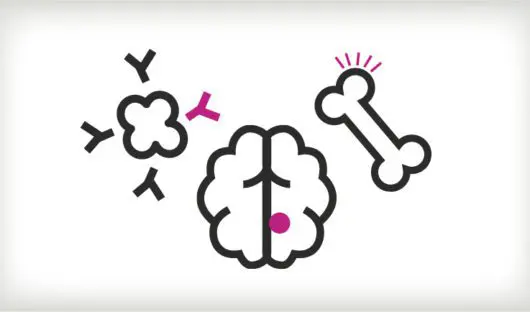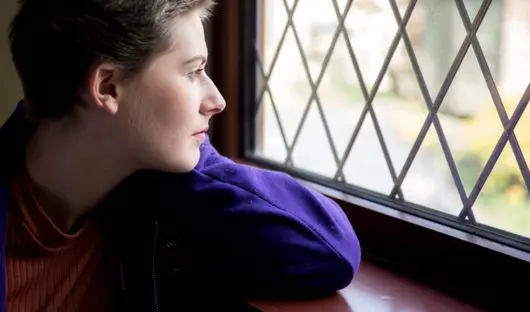Complementary therapies
Complementary therapies for cancer are used along with mainstream medical treatments. They include things like yoga, massage and acupuncture.
What are complementary therapies used for?
Complementary therapies are used to improve emotional health and wellbeing. They can help you destress, feel more relaxed and reduce pain. They may also help with side effects like feeling sick, having headaches or being very tired.
Types of Complementary Therapies
Acupuncture
Acupuncture involves putting very thin needles into your body to stimulate nerves. This releases natural substances, called endorphins and serotonin, which may help with pain. You might have acupuncture to help with feeling sick. Some people find it makes them feel happier and more relaxed. You might feel a tingling sensation as needles are put into the body at specific points. You should not feel pain. Acupuncture usually takes between 10 and 30 minutes.
Aromatherapy
Some people find aromatherapy makes them feel happier and less stressed. It involves the use of essential oils and is believed to help with side effects like feeling sick and being sick. There is some evidence to show having an aromatherapy massage, using diluted oils, can help with side effects like anxiety, pain, depression and feeling tired.
Massage
Massage uses techniques such as stroking, kneading, tapping or pressing, to apply pressure to certain parts of your body. The amount of pressure can vary.
Many people find massages relaxing. Massage can also improve sleep and help with pain and headaches. It could help you cope with stress and anxiety.
Yoga
Yoga is a type of exercise you can use to relax. It can also improve flexibility, strength and breathing. Some people say yoga helps them cope with the stress of cancer treatment and common side effects like pain and feeling tired. There are about 80 main yoga postures. The moves can be adapted to suit your needs.
Herbal medicine
Herbal medicine uses combinations of plant parts to treat health conditions.
It is a natural way to help you relax and cope with anxiety and depression.
Herbal medicines are often used by people with cancer. You must check with your care team before taking herbal medicines. Some can interfere with other drugs.
Visualisation
Visualisation is a technique to help you relax. It uses the power of your imagination.
Creating images in your mind can help you destress and sleep better. The process can also make you feel less anxious and reduce pain. A trained therapist can teach you the techniques. You will be encouraged to use all your senses to imagine things that make you happy. Visualisation can then be practiced using a music file, or app.
How safe are complementary therapies?
If you are thinking about trying complementary therapy, there are some important things to be aware of to ensure you stay safe:
- Complementary therapies should not be confused with alternative therapies Alternative therapies often claim to treat cancer without conventional medicine but have no scientific basis
- You may have to try a few therapies before you find one that works for you.
- Check in with your care team if you’re considering using complementary therapy alongside your treatment.
How Much do Complementary Therapies Cost?
Some hospitals and hospices offer free complementary therapies for you and the people looking after you. Cancer support groups and charities can sometimes offer free or low-cost therapies. Staff at your hospital might know of local services.
You can pay for complementary therapies privately. Check the Complementary and Natural Healthcare Council (CNHC) or the Health and Care Professions Council (HCPC).
Charlotte’s experience
There is a range of complementary therapies available and it can be difficult to know which one may help you. Hear from Charlotte who tried a mixture of therapies including Reiki and acupuncture with her doctor’s approval. She talks about what she felt benefited her.
You might also want to read
Look up your cancer
Bite-sized information about different cancer types - their symptoms, how they are diagnosed and treated, and side effects.
Read more
Contacts for your emotions and mental health
Useful organisations, resources, apps and communities for emotional and mental health support.
Read more
Cancer and Diet: What to eat and what to avoid
Eating well and exercising can give you a boost. Here are some top tips.
Read more